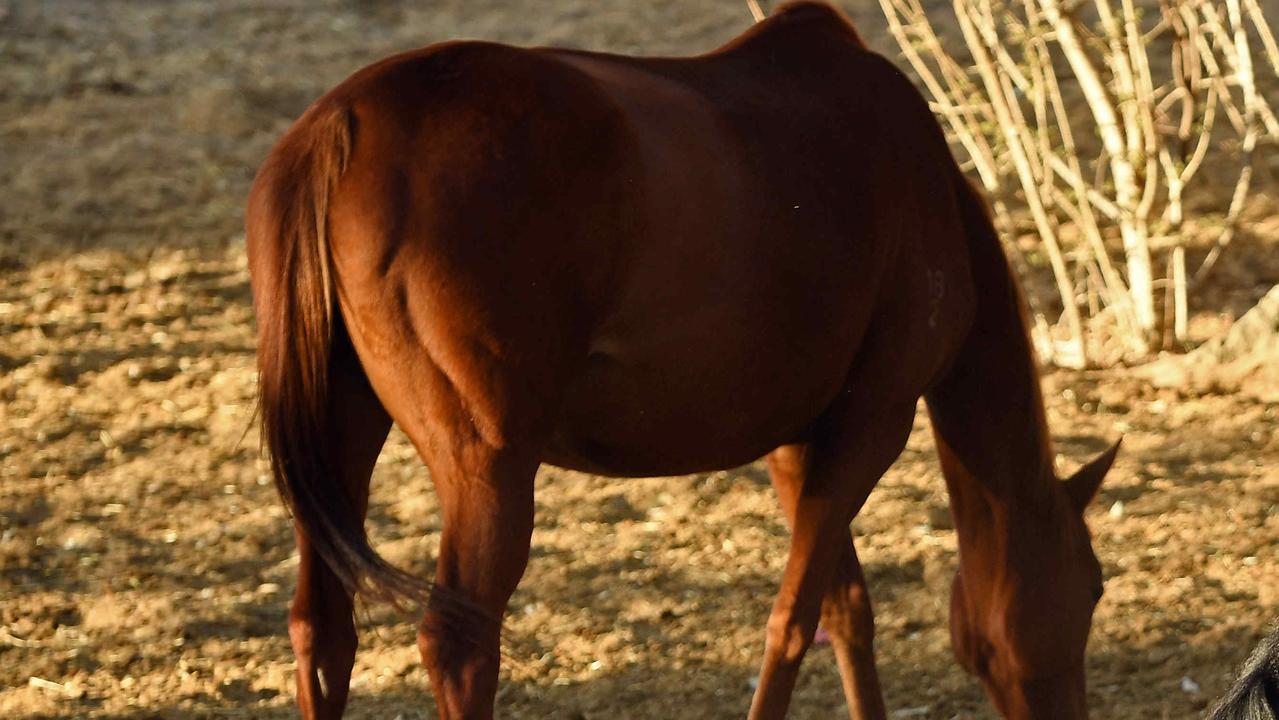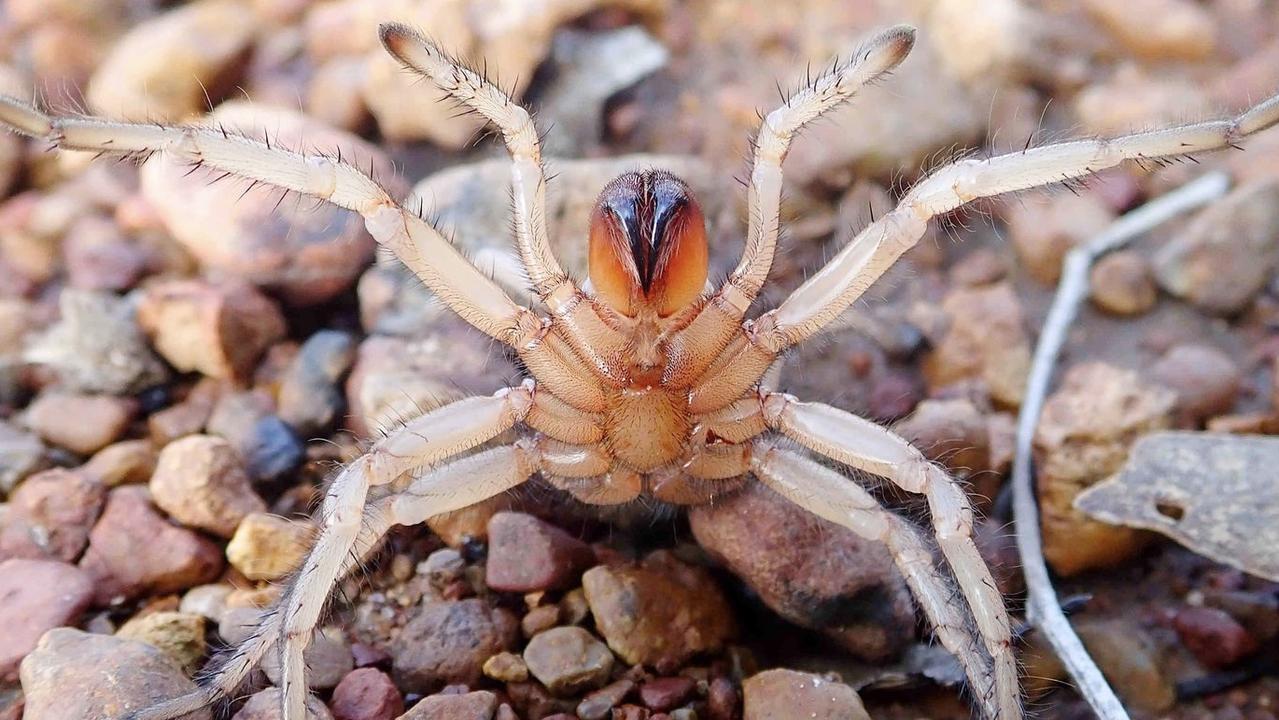Australia says Solomon Islands PM has welcomed offer to support elections
Solomon Islands has agreed to an offer from Australia despite previously rejecting it amid tensions over China.
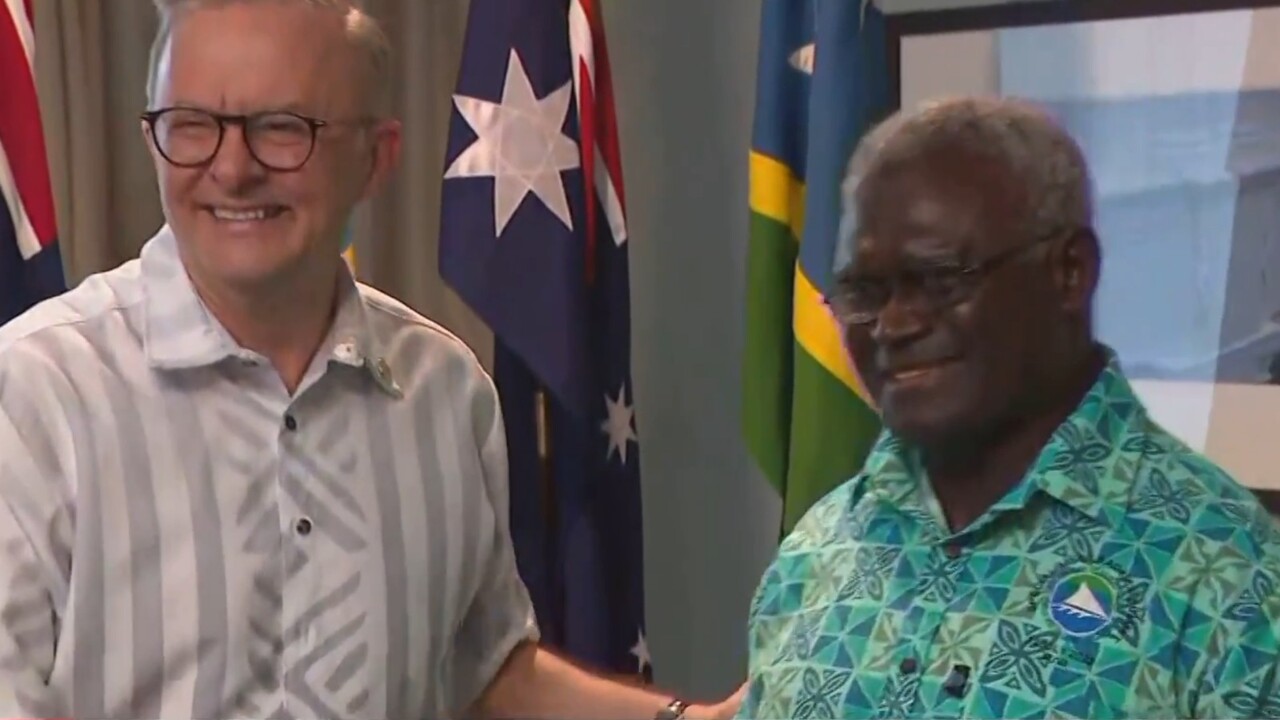
Australia says Solomon Islands Prime Minister Manasseh Sogavare has welcomed an offer to support the next election in his country.
Mr Sogavare met with Anthony Albanese for bilateral talks at Parliament House in Canberra on Thursday as part of the Pacific leader’s visit to Australia.
Mr Sogavare last month rejected Australia’s offer to fund elections in the Solomon Islands, calling it an “assault” on his country’s democracy that amounted to “foreign interference”.
His trip to Canberra comes not long after he successfully extended his government’s term by passing a controversial amendment delaying next year’s election despite an outcry from the Solomon Islands opposition.
Mr Sogavare and the Australian Prime Minister discussed bilateral priorities and challenges, including the existential threat of the climate crisis, according to a readout of their meeting issued by Mr Albanese’s office.
The pair also reaffirmed mutual security commitments and a “Pacific family first approach” to regional peace and security
“Prime Minister Sogavare welcomed Australia’s $16.68 million commitment to support the 2023 Pacific Games, and offer to support the next Solomon Islands’ election,” the readout said.
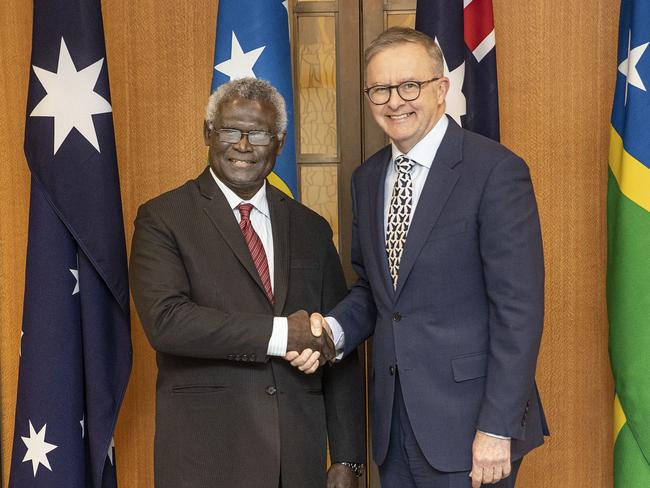
Mr Sogavare had accused Australia and the US of infantilising Solomon Islanders with their objections to his security agreement with China.
Mr Albanese hosted Mr Sogavare in Canberra amid simmering tensions over the Pacific leader’s ties to Beijing and concerns about Chinese influence in the region.
There weren’t any hugs, at least none caught on camera, but the two leaders smiled and shook hands for photographers in Canberra on Thursday.
It was Mr Albanese and Mr Sogavare’s second in-person meeting after their first took place at the Pacific Islands Forum in Fiji in July.
The two men greeted one another in Suva with a warm embrace, filmed by travelling media, which followed the inking of a controversial security pact between China and Solomon Islands.
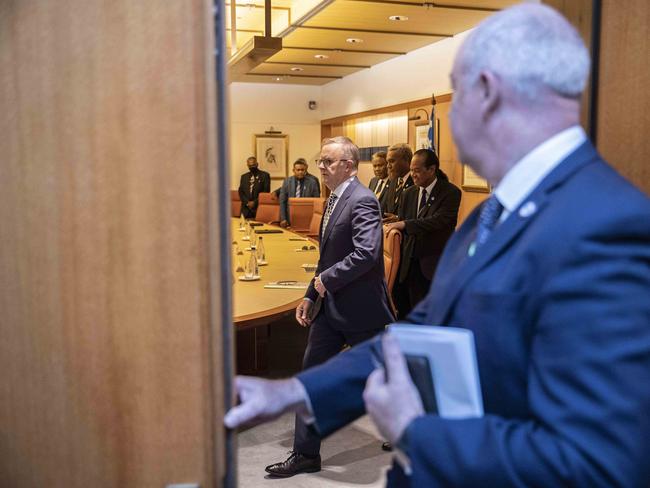
Mr Sogavare and Mr Albanese did not hold a joint press conference to speak to Australian journalists on Thursday, which would typically occur during official leaders’ visits.
But photographs of the pair were permitted.
The Beijing-Honiara security agreement, which sparked alarm among Western allies, was signed not long before the Australian federal election.
The Solomon Islands government maintains the deal will not allow for a Chinese military base to be constructed in the Pacific nation and that Australia is its “security partner of choice”.
Opposition foreign affairs spokesman Simon Birmingham said earlier on Thursday he didn’t agree that the former Morrison government had “dropped the ball” on its relationship with Solomon Islands.
“It’s worth pointing out that the very first international trip taken after the last election prior, by Scott Morrison, was indeed to the Solomon Islands,” he told ABC radio .
“That engagement there was constant. Nonetheless, this dialogue is welcome and I welcome Prime Minister Sogavare to Australia.”
Senator Birmingham said it was “very disappointing” that the Solomon Islands had delayed its election.
Solomon Islands earlier this week his joined 11 other Pacific nations in signing a co-operation agreement with the US, but only after changes were made to wording relating to China.
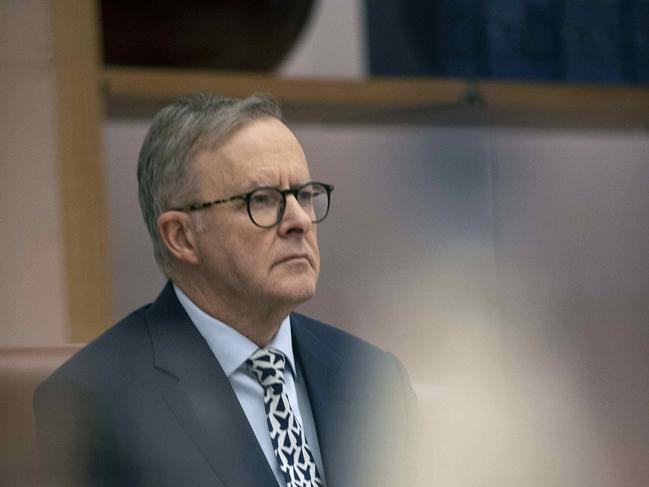
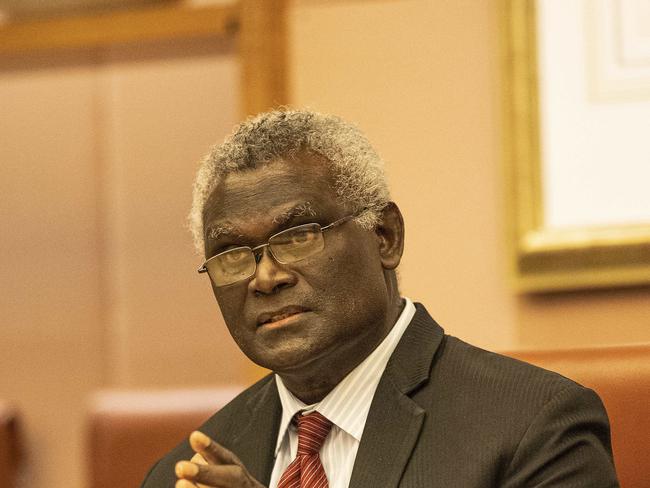
New Zealand media reported Solomon Islands had initially refused to sign the declaration, but agreed after a requirement for Pacific Island states to consult with each other before signing security deals with implications for the region was removed.
Solomon Islands Foreign Minister Jeremiah Manele reportedly said his country would partner with both China and the US rather than “choose sides” in a geopolitical struggle over the Pacific.
Mr Sogavare’s visit to Canberra comes after a new report found the Chinese Communist Party has been attempting to influence public discourse in the Solomon Islands through propaganda and suppressing information.
The Chinese disinformation campaign pushed a “fabricated narrative” that Australia, the US and Taiwan instigated the riots in Honiara late last year, according to the Australian Strategic Policy Institute Report.
The report also found the CCP had spread claims that Australia and the US were “colonialist bullies” threatening Solomon Islands’ sovereignty by raising concerns about its security pact with China.


